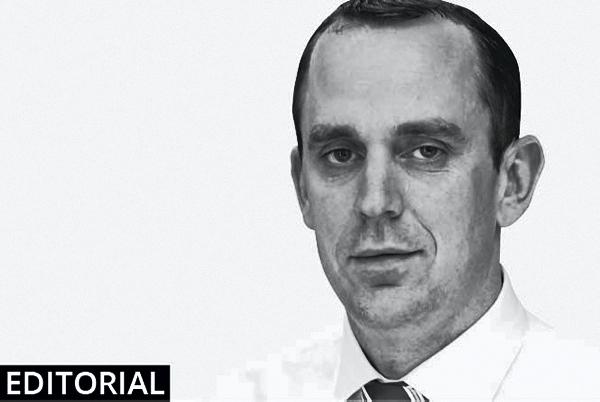As the political fallout continues, Russia has now been excluded from the annual summit of world leaders, formerly known as the G8. This will be the first time a Russian leader has not been present since joining the elite group in 1998.
While the move by Russia to annex Crimea is attracting widespread criticism, European leaders find themselves in a difficult position. Given that Russia supplies Europe with 30% of its gas and oil needs, extreme care is being taken not to trigger a response that would disrupt supply. The situation has triggered calls over the past week for greater energy security across EU member states. The UK has highlighted the potential of shale gas extraction as a domestic energy source, while Germany looks to the US as a potential source of liquefied natural gas (LNG).
It is astonishing to think that political unrest in one region can trigger such a knee-jerk reaction. We have long argued that Europe cannot afford to find itself in such a position in relation to food security.
As Patrick Donohoe reports here, trade negotiations between the US and the EU are progressing. It is simply not tenable to have a situation where European leaders are demanding increased energy security while at the same time officials are engaging in trade talks that have the potential to threaten the production base that underpins EU food security. The Irish Government should be seeking support from member states to ensure agriculture is excluded from any trade deal. The current situation on energy clearly shows the flaws in the belief that society can depend on global trade to deliver key staples.






 This is a subscriber-only article
This is a subscriber-only article










SHARING OPTIONS: